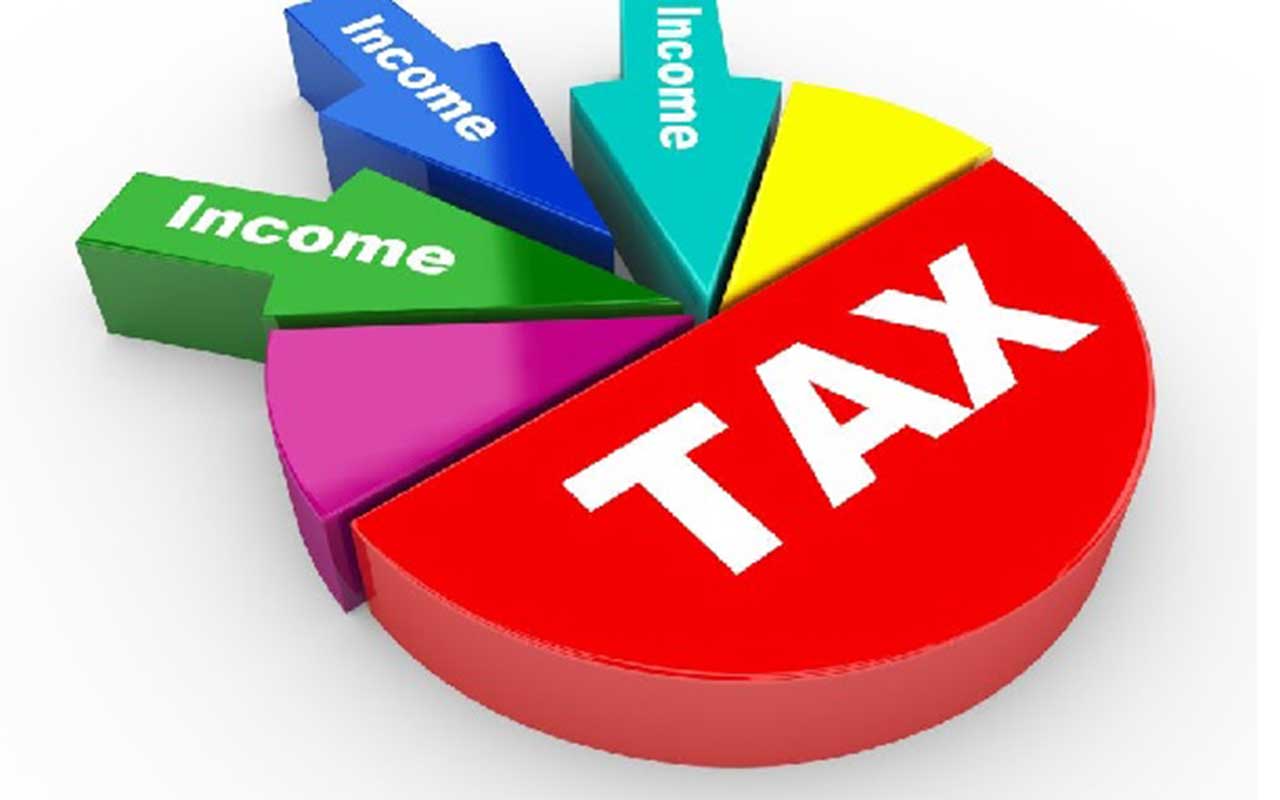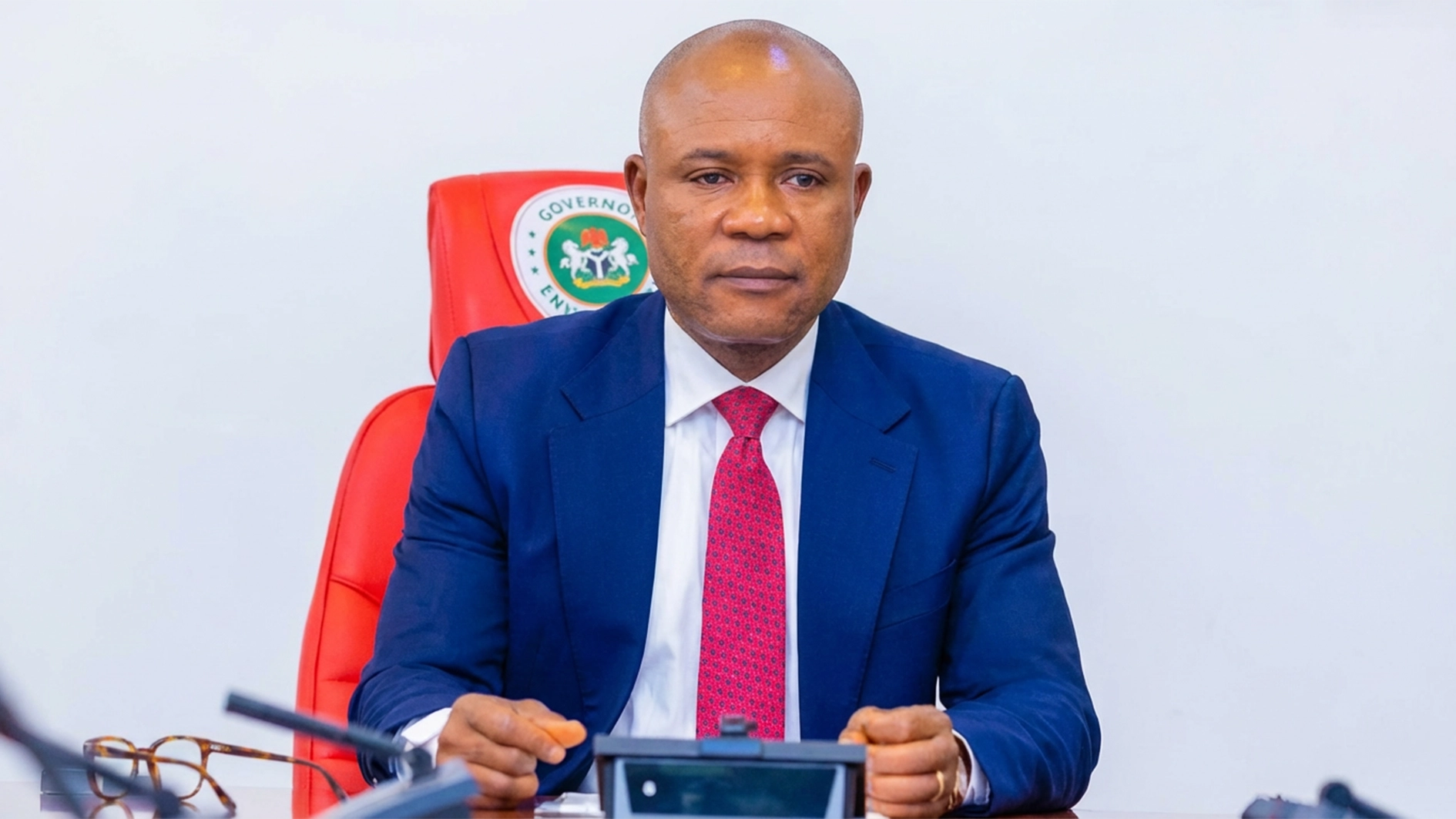President Bola Tinubu has reaffirmed his administration’s commitment to supporting the Dangote Refinery’s planned expansion from 650,000 barrels per day to 1.4 million barrels per day, describing the project as a game-changer for Nigeria, West Africa, and the global energy market.
Tinubu, who was represented by the Minister of State for Petroleum Resources (Oil), Heineken Lokpobiri, gave the assurance yesterday at the 19th edition of the OTL Africa Downstream Conference and Exhibition in Lagos. He said the refinery’s expansion would not only boost Nigeria’s self-sufficiency in refined products but also strengthen energy supply across the continent.
The President said the Federal Government would give its full backing to private investments that promote value addition and energy security, stressing that such initiatives align with the administration’s vision to build a competitive downstream sector under a deregulated petroleum market.
He added that the Federal Government will support all the way to accomplish the expansion. Lokpobiri, speaking on behalf of the President, said, “Data has shown that Africa has enough markets. By 2024, the data available shows that Africa imported $120 billion worth of hydrocarbon resources.”
“That shows that Africa has the market. But because we have limited financial capacity and a limited distribution network, most of the money still goes back to countries outside the continent. For Nigeria, our target is to see how we can redeem a proportion of that value.”
By importing hydrocarbon resources valued at over $120 billion last year, he described Africa as the next frontier of energy growth with a population exceeding 1.5 billion people. He urged African nations to harness their oil and gas potential to drive industrialisation and economic transformation rather than succumb to global pressure to abandon fossil fuels.
Citing recent data from the International Energy Agency (IEA), he said the world must continue to invest about $540 billion annually in oil and gas development until 2050 to avert a future energy crisis, a shift from earlier net-zero ambitions that sought to phase out hydrocarbons completely.
“This development is good news for Africa. It shows that the world now realises oil and gas will continue to account for over 50 per cent of global energy demand by 2050. Africa must therefore take its rightful place by leveraging its resources to power growth,” he said.
The minister lauded the removal of fuel subsidy, saying the policy created the right environment for private sector investment across the oil and gas value chain. He noted that since deregulation, allocations shared among the three tiers of government have risen to over N2.2 trillion monthly, compared to about N500 billion previously, adding that such revenues should be used to provide infrastructure and long-term development.
In his address, Governor Babajide Sanwo-Olu, represented by Lagos Commissioner for Energy and Mineral Resources, Biodun Ogunleye, commended the organisers for sustaining the platform that has shaped downstream reforms and attracted investments across the continent for nearly two decades.
The Governor praised OTL Africa’s impact, saying it had played a crucial role in shaping the agenda for downstream development across Africa, sparking reforms, attracting investments, and fostering discussions that have led to meaningful change.
Highlighting Lagos’s role as host and energy hub, Sanwo-Olu said: “This lasting connection reinforces Lagos’s status as the energy and logistics capital of sub-Saharan Africa, a true hub of innovation, enterprise, and strategic investment.”
“Here in Lagos, we wholeheartedly embrace that vision. With our Lagos State Electricity Policy and the Lagos Energy Transition Plan, we are working to expand access to clean energy, promote private involvement, and establish Lagos as a leading example of subnational leadership in Africa’s energy transition,” he added.






